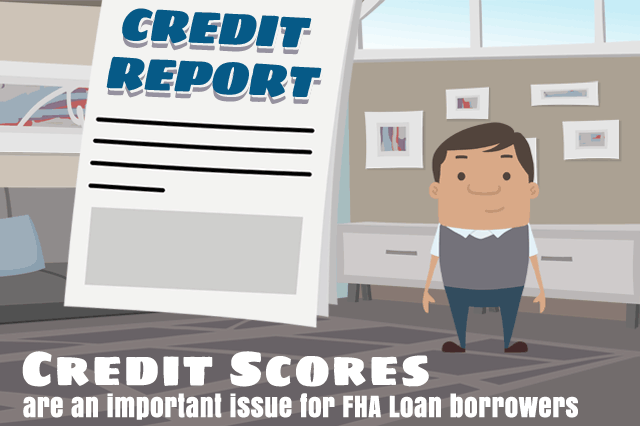What Are Compensating Factors for FHA Loan Approval?

FHA mortgage loans are designed to be more forgiving of past credit issues, and while lender standards will also apply in addition to FHA loan requirements, the overall design of the FHA loan process includes standards meant to help borrowers who may not be able to afford or fully qualify for a conventional mortgage.
Borrowers who have high debt ratios, and/or FICO score issues may still be able to be approved for an FHA mortgage loan but the lender may require one or more “compensating factors” to justify loan approval.
A compensating factor is something that is used as a positive to offset a negative in the borrower’s credit qualifications.
Someone with a higher-than-normal debt ratio (for the purposes of home loan or refinance loan approval) may be required to have substantial cash reserves, little or no discretionary debt, or that the home loan results in a minimal increase in payments for housing.
What are the compensating factors as found in HUD 4000.1?
- Verified and Documented Cash Reserves
- Minimal Increase in Housing Payment
- No Discretionary Debt
- Significant Additional Income Not Reflected in Effective Income
- Residual Income
For example, the FHA loan rulebook requires the lender to quantify a specific amount of cash reserves to qualify them as a compensating factor; they must meet the following requirements:
“Reserves are equal to or exceed three total monthly Mortgage Payments (one and two units); or Reserves are equal to or exceed six total monthly Mortgage Payments (three and four units).”
There are further instructions to the lender in this area:
“Reserves are calculated as the Borrower’s total assets as described in Asset Requirements less
- Total funds required to close the Mortgage;
- Gifts;
- Borrowed funds;
- Cash received at closing in a cash-out refinance transaction or incidental cash received at closing in the mortgage transaction.
------------------------------
RELATED VIDEOS:
Homebuyers Benefit From the Work Done by Fannie Mae
HUD 4000.1 is Sometimes Called the FHA Handbook
Credit History Is Presented as Your FICO Score

Do you know what's on your credit report?
Learn what your score means.







